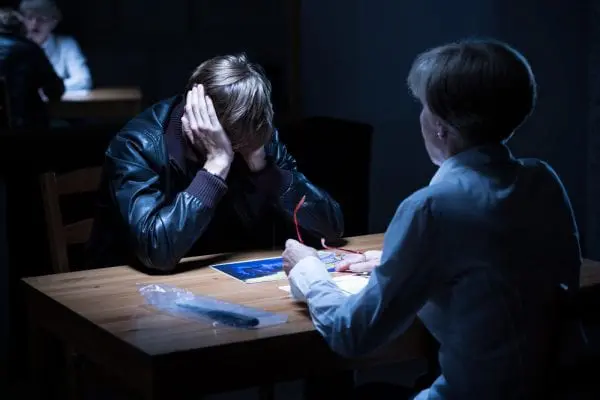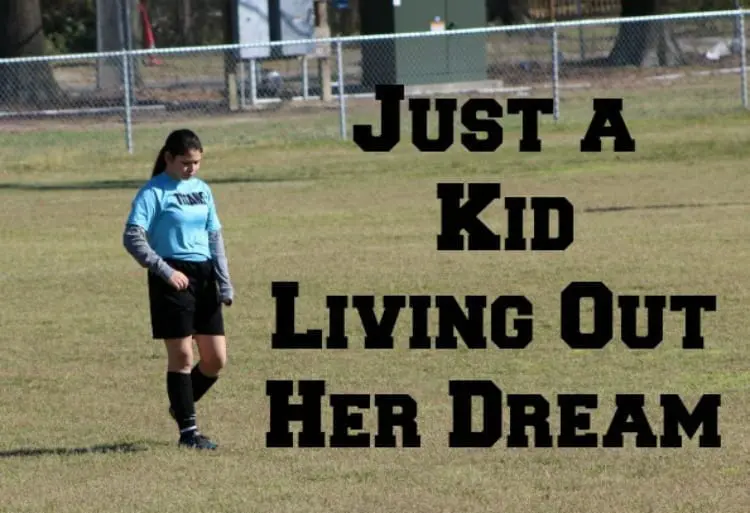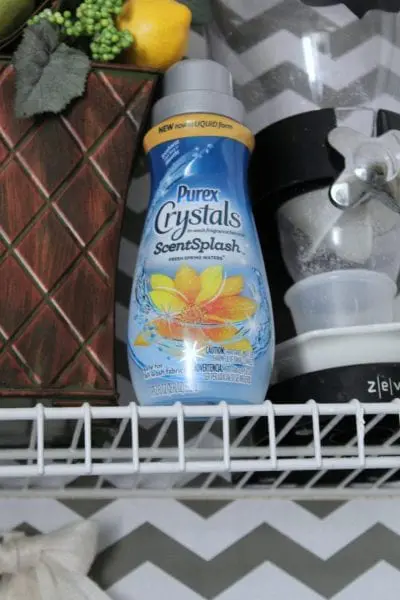Creative Ways to Teach Teens to Avoid Juvenile Delinquency

The responsibility and burden of preventing juvenile delinquency are largely distributed between parents or immediate family members, relatives, schools, non-profit organizations, government agencies at local, state and federal levels.
There is a wide variety of stakeholders, making it challenging to attain solid conclusions on who is really dependable and responsible for safeguarding youth at risk for juvenile delinquency.
Much research and suggestions indicate parents are the front liners of defense in identifying and counteracting delinquent behavior. However, parents lean on government organizations and agencies to establish better delinquency prevention programs.
Read further to learn about the current prevailing delinquency programs and how individuals and government agencies can do better to decrease the risks of juvenile delinquency in society.
An Overview: Delinquency
A delinquent act refers to an unlawful or criminal act perpetrated by an individual under the age of sixteen. Delinquent activities include alcohol and drug offenses and crimes committed by younger persons against other people, property, and public order.
Juvenile delinquency such as an assault on others, theft, or property damage, may lead to the youth’s long-term participation or connection in the juvenile justice system. Further, it can lead to quitting school, drug use, incarceration, injury, and adult criminal behavior.
Juvenile Delinquency Facts
- Juvenile delinquency is an antisocial behavior that exceeds parental control and is a concern for legal action.
- Nearly half of all arrests of youth are committed on account of a simple assault, theft, disorderly conduct, drug abuse, and including curfew violations.
- Around 2009, there was a record of 5,804 arrests in every 100,000 youths between ages 10 and 17.
- As stated by the S. Office of Juvenile Justice and Delinquency Prevention (OJJDP), the rate of juvenile arrest decreased by 36 percent in 2009.
- There were fewer arrests in 2009 compared to 1980. In fact, the majority of juvenile arrest has become a consistent decline since 1994.
- However, accounts of female arrest and drug abuse arrest have not yet significantly dropped.
Creative Ways to Help Teens Avoid Juvenile Delinquency
The facts mentioned above are relatively good news, but delinquency prevention is still crucial and must be put into action. There is still work to be done toward decreasing arrest rates related to juvenile delinquency.
The Role of Parents in Preventing Juvenile Delinquency
Parents fundamentally have the most supervision over their children’s behaviors. Here are some ways parents can keep their kids on the straight and narrow path.
- Families should spend more time together: Actually, families who spend time together increases the potential for delinquency prevention and positive outcomes.
On the other hand, teenagers whose parents do not actively participate, get involved, nor show interest in their lives are more at risk of becoming bullies. This ultimately leads to participation or involvement in violent behaviors.
- Take an interest in your child’s life: Parents can be in a remarkably dominant position by simply taking an interest in a teenager’s life. Eventually, it helps them avoid juvenile delinquency.
However, parents cannot resolve this problem and predicament on their own. A lot of them also do not realize how crucial their role can be in preventing delinquent behavior.
Programs That Help Prevent Juvenile Delinquency

Parents seek what is best for their children, but sometimes rule enforcement and strict discipline doesn’t help. Look for ways or programs that handle the situation and keep problems from getting out of hand. A majority of agencies now advocate a comprehensive, multidisciplinary approach that includes both family and community environments where the child is being raised.
Societies and Associations
A way to help your teen go through personal issues and prevent him from making bad choices is to surround him or her with supportive people in a positive environment.
- Local clubs and associations provide support and guidance to troubled teens: Look for clubs that offer programs that enhance their skills. Some educational programs that are offered by certain clubs may also involve leaders from the community, members of the club, and parents.
- Community involvement: Boy scouts, girl scouts, volunteer groups, and church youth groups are community programs youth can be a part of. Getting involved in community groups provide teens opportunities to interact within a safe, social environment.
- Educational programs: A majority of programs within the community educate kids on identifying problems that trigger gang involvement, pre-marital sex, and substance abuse. These programs provide teens some tips on how to say no and become assertive with others through positive decision-making skills.
After-School Programs
After-school programs keep children and teenagers from being alone at home and getting involved with gang violence and substance abuse.
- Look for after-school programs that address prevention of juvenile delinquency: These programs begin in schools and communities that organize programs and invite youth to participate. For instance, a school gym or library can become available for students until early evening hours so they can have a secure, drug-free place to hang out and socialize.
Working and Volunteering
Volunteering and working can be a good way for youth to exhibit their skills and talents. Furthermore, it keeps them from problems related to juvenile delinquency.
- Working keeps them occupied: Their volunteer and work tasks help them maintain a schedule. Thus, more time is spent on the things they like to do, rather than other bad activities.
- Work teaches ethics: Work can become a teen’s positive reference for an inspiring career in the future.
- Volunteering turns troubled kids into productive kids: Youth can become effective members of society by doing volunteer work. Likewise, troubled kids can do better this way.
Committing juvenile delinquency may affect a child’s well-being. You should click here to know your legal options if your child has committed juvenile delinquency.
[su_box title=”About the Author” box_color=”#abbeef”]

Thalia Mott has a decade’s worth of experience as a law writer, and she hopes to share that experience through her works. She is an avid sports fan and loves watching games if she has free time.[/su_box]
Similar Posts:
- 5 Ways For Parents To Find Good Influences For Their Children
- 4 Conversations Every Parent Should Have With Their Teen
- 4 Developmental Tips for Parents
- Step Out of Stressful Parenting with Parental Control App!
- The Power Of Words: How Parents Can Set Their Kids Up For Success









